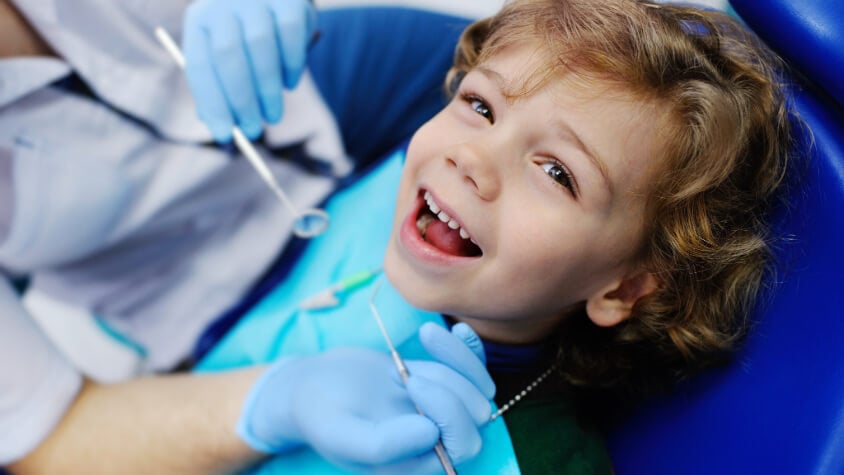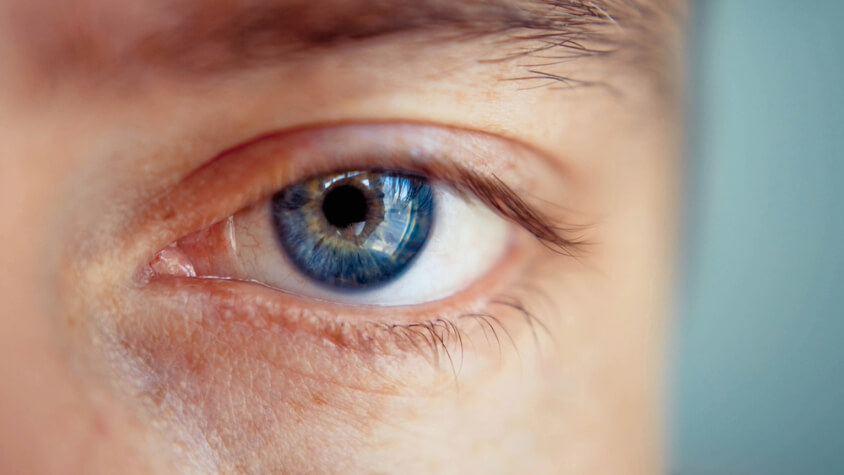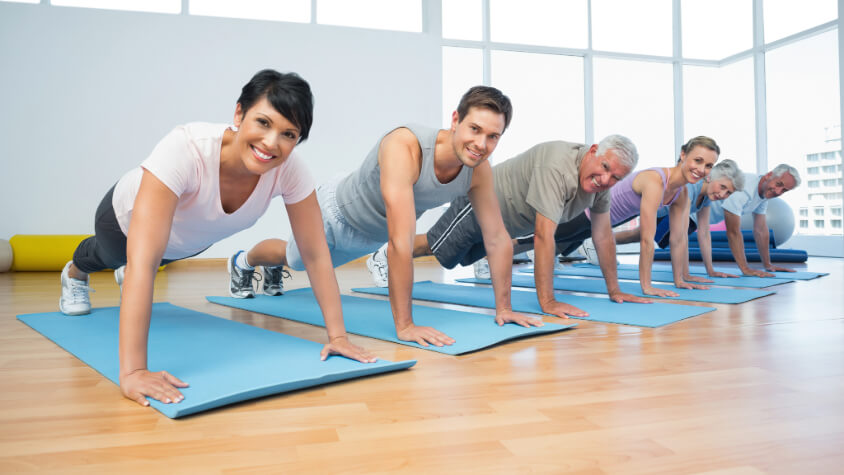
11 things Nurses, Paramedics, Firefighters and their family need to know about insulin pumps
We’ve put together 11 key points to guide you through everything you need to know about using an insulin pump.

8 must-know facts about hearing aids and private health
Learn how to better use your cover and see how much Emergency Services Health pays for hearing aids and hearing aid repairs.

Telenurse Surgery Support
Emergency Services Health is proud to partner with Vitalis, to offer this bespoke TeleNurse Surgery Support Program to eligible members at no additional cost.

CPAP machines and Emergency Services Health
Need a CPAP machine? See how much we cover for sleep studies, CPAP machines, and more.

Complementary Therapies Benefits Guide
Find out what complementary therapies we provide benefits for

External Breast Prostheses Benefit Guide
Did you know that you can claim from Emergency Services Health and Medicare when purchasing an External Breast Prostheses?

How much does it cost to go to the dentist?
See what you’re covered for, learn how to reduce your out of pocket and how to shop around for the right dentist.

Travel and Accommodation Benefit Guide
Did you know we offer travel and accommodation assistance? Find out the key details on how it works.

Optical, Eye Therapy and Eye Surgery Benefits Guide
Understand the different benefit private health insurance entitlements for Optical, Eye Therapy and Eye Surgery.

Group and 1:1 Exercise Physiology Benefit Guide
Exercise Physiology is all about delivering safe and effective movement and exercise programs for people who want to improve their wellbeing, or who live with a chronic medical condition, injury or disability.

Blood Pressure Monitor Benefit Guide
Learn about how you can claim some of the cost of blood pressure monitor with Emergency Services Health.

Pharmaceutical Benefits Guide
Police Health’s pharmaceutical benefits cover a wide range of items that require a prescription when dispensed from private recognised pharmacies, Australia-wide.
